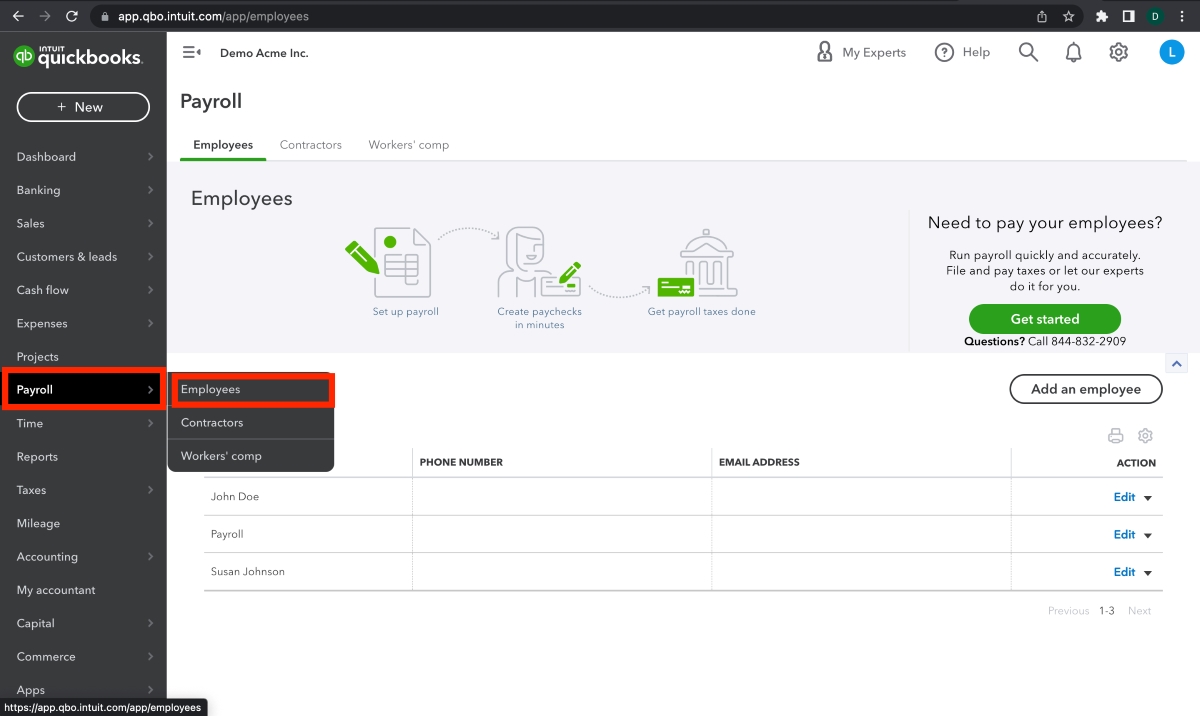Home>Finance>Transfer Of Risk Definition And Meaning In Insurance


Finance
Transfer Of Risk Definition And Meaning In Insurance
Published: February 10, 2024
(Many of the links in this article redirect to a specific reviewed product. Your purchase of these products through affiliate links helps to generate commission for LiveWell, at no extra cost. Learn more)
Transfer of Risk Definition and Meaning in Insurance
When it comes to managing personal finances, understanding insurance and the transfer of risk is essential. Whether you’re buying a car, a house, or starting a business, having the right insurance coverage in place can protect you financially when the unexpected happens. In this blog post, we’ll dive into the definition and meaning of transfer of risk in the context of insurance, and why it matters for your financial well-being.
Key Takeaways:
- The transfer of risk is a fundamental concept in insurance, where an individual or business transfers the financial burden of a potential loss to an insurance company.
- Insurance policies are contracts that outline the terms and conditions under which the insurance company assumes the risk and agrees to compensate the insured in the event of a covered loss.
Understanding Transfer of Risk in Insurance
In simple terms, transfer of risk refers to the process of shifting the financial burden of a potential loss from an individual or business to an insurance company. When you purchase an insurance policy, you are effectively transferring the risk associated with specific events or situations to the insurer. In return, you pay a premium to the insurance company to compensate them for assuming that risk on your behalf.
The transfer of risk in insurance is based on the principle of shared responsibility. The insurance company pools the premiums from policyholders to create a fund that can provide compensation to those who experience covered losses. By spreading the risk across a larger group of people, the financial impact of any individual loss is mitigated, making insurance a vital tool in managing personal and business risks.
How Does Transfer of Risk Work?
When you purchase an insurance policy, you enter into a contract with the insurer, where you agree to pay a premium in exchange for coverage. The policy outlines the specific risks that are covered, the events or situations that trigger the policy, and the types of losses that will be compensated.
If you experience a covered loss, you file a claim with the insurance company, providing evidence and supporting documentation to demonstrate your eligibility for compensation. The insurer then assesses the validity of your claim and, if approved, provides the necessary financial support to help you recover from the loss.
Why Is Transfer of Risk Important for Your Finances?
Transfer of risk through insurance is crucial for safeguarding your financial well-being. Here’s why:
- Protection against financial losses: Insurance allows you to transfer the financial burden of a potential loss to the insurer. In the event of an unexpected event such as an accident, theft, or natural disaster, your insurance coverage can provide the necessary financial support to help you recover and rebuild.
- Peace of mind: Knowing that you have insurance coverage can bring peace of mind, allowing you to focus on your personal and professional goals without constantly worrying about what might go wrong.
- Compliance with legal and contractual requirements: In some cases, having insurance coverage is a legal or contractual requirement. For example, automobile insurance is typically mandatory, and many lenders require homeowners or business insurance as a condition for financing.
By understanding and leveraging the transfer of risk in insurance, you can protect yourself, your loved ones, and your assets from potential financial hardships. Remember to carefully review your insurance policies, assess your coverage needs regularly, and consult with an experienced insurance professional to ensure you have the right policies in place for your specific situation.














